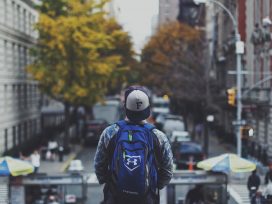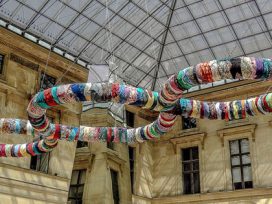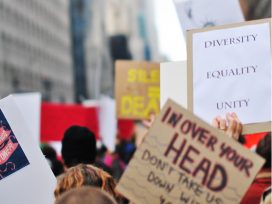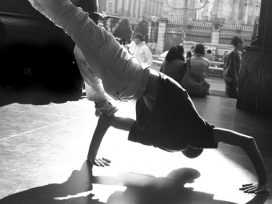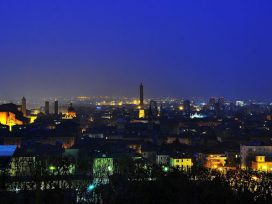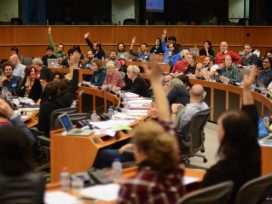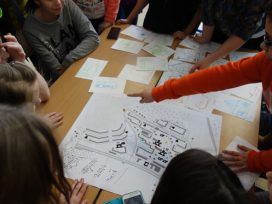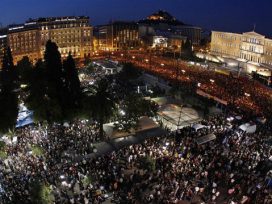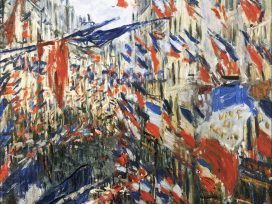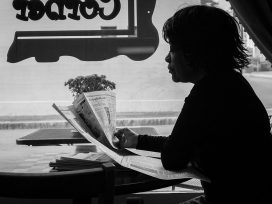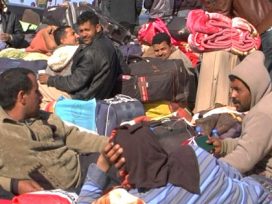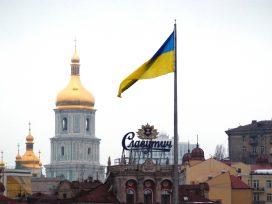
It is life itself that forces change
An interview with Adam Daniel Rotfeld
The Polish intellectual and diplomat Adam Daniel Rotfeld played a key role in creating a new system of international security in the enlarged European Union. He contributed to settling the Transnistria conflict in the 1990s, helped resolve the political crisis in Ukraine during the Orange Revolution in 2004, and co-chaired the Polish-Russian Group on Difficult Matters. How does a professional crisis manager and architect of European security see the international conflict around Ukraine and the future of Ukrainian–Russian relations? Rotfeld spoke to Piotr Kubasiak at the Institute for Human Sciences (IWM, Vienna).
